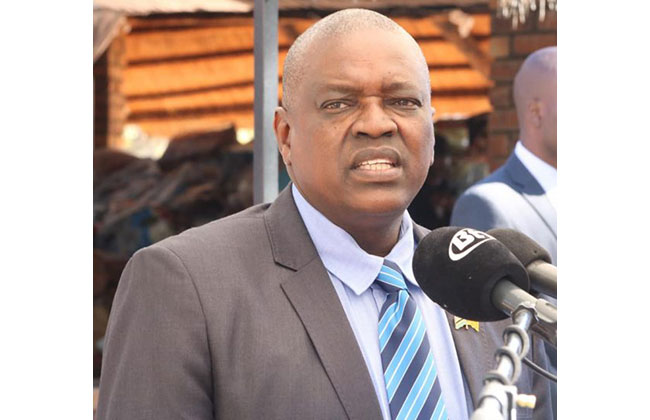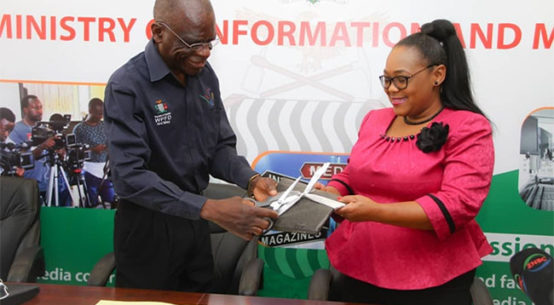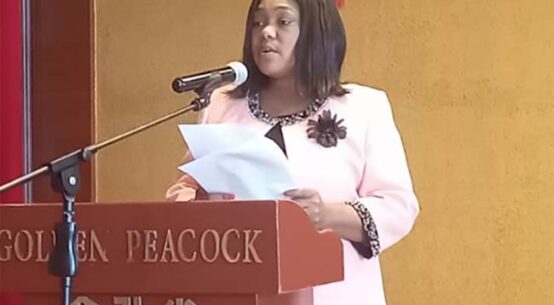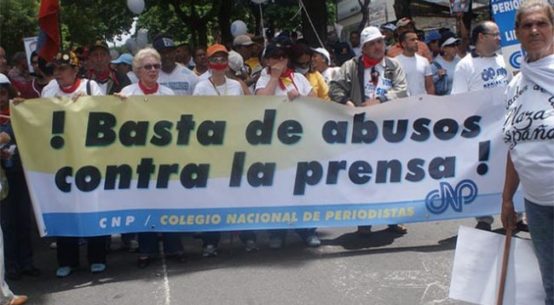
The Southern African Editors’ Forum (SAEF) has said it is “deeply alarmed” by the fast-tracking of Botswana’s proposed Criminal Procedure and Evidence Bill.
The bill will give Botswana powers to intercept communication and force disclosures, in what SAEF calls the, “… thwarting and suppression of free expression”, among the public and media.
If passed into law, its main aims will be the interception of communication and forced disclosure of information to state intelligence and law enforcement agencies.
SAEF joins the Botswana Editors’ Forum (BEF) and the African Editors’ Forum in calling on President Mokgweetsi Masisi to withdraw the Bill before Parliament and allow for wider public consultations.
The SAEF has called on the United Nations Human and People’s Rights Commission, through the Office of the Special Rapporteur on Freedom of Expression and Access to Information, as well as the African Union to sanction Botswana.
The African Editors’ Forum (TAEF) said draconian legislation will have chilling effects on the media in the country.
Jovial Rantao, TAEF’s chairperson previously told News24:
This is by far the worst piece of legislation to have emerged in Botswana, the Southern African region and the rest of the continent in recent history. The government of Botswana must hang its head in shame and withdraw the bill immediately.
In a joint statement, the Media Institute of Southern Africa (MISA), Press Council of Botswana, and the BEF said the government was being “dishonest and disingenuous”. The bill would make the media, civil society, and trade unionists more vulnerable, according to the three media organisations.
SAEF chairperson Willie Mponda said: “It is bound to have serious ramifications not only on the people of Botswana but the whole SADC region because of clear and known interconnectedness between the people and institutions of the country. The bill in its current format is dangerous as it forces the disclosure of information by citizens including journalists and allows intelligence officers to use fake identities while providing them immunity from prosecution,” he said.
According to Mponda, there is already, “… widespread assault on the media in Botswana”, without the bill.
“We shudder [to think] what will become of the media when this Bill becomes a law. We hope Parliament in Botswana and also the State President will be responsive to [the] public outcry and take the bill… to the public for consultations,” said Mponda.
(This article is published under syndication service of News24)




